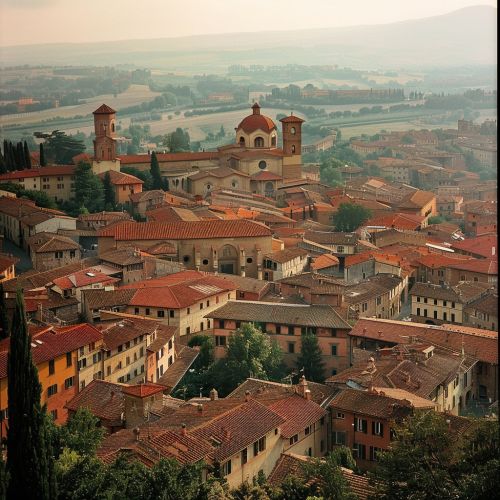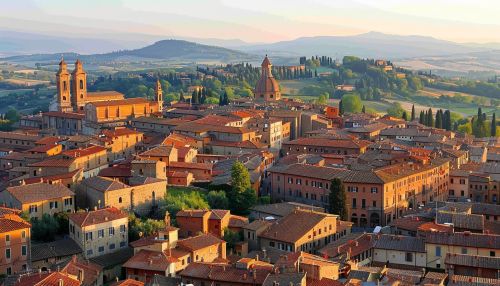Petrarch
Early Life
Francesco Petrarca, known in English as Petrarch, was born on July 20, 1304, in the Tuscan city of Arezzo, Italy. His father, Ser Petracco, was a notary, and his mother, Eletta Canigiani, belonged to a noble family. Petrarch's family moved to Pisa in 1307 due to the political exile of his father from Florence.


Education
Petrarch received his early education in Carpentras, near Avignon, where his family moved in 1312. He later studied law at the universities of Montpellier and Bologna, a common path for many scholars of his time. However, his true passion lay in literature and the classics, which he pursued throughout his life.
Career
Petrarch's career was diverse and multifaceted. He worked as a cleric, a diplomat, a man of letters, and a poet. His works, particularly his collection of Italian sonnets, the Canzoniere, and his Latin epic, Africa, had a profound influence on Renaissance humanism.
Contributions to Literature
Petrarch is often called the "Father of Humanism", a movement that sought to revive classical literature and philosophy. His rediscovery of Cicero's letters is often credited with initiating the 14th-century Renaissance. His sonnets were admired and imitated throughout Europe and became a model for lyrical poetry.
Later Life and Death
In his later life, Petrarch became a devout Christian and entered the Holy Orders. He spent his last years in the peaceful solitude of Arquà, a small village in the Euganean Hills near Padua, where he died on July 19, 1374.
Legacy
Petrarch's influence on literature and the humanities is immeasurable. His works inspired generations of writers, including Chaucer, Spenser, and Shakespeare. His philosophy of humanism shaped the intellectual landscape of the Renaissance and beyond.
